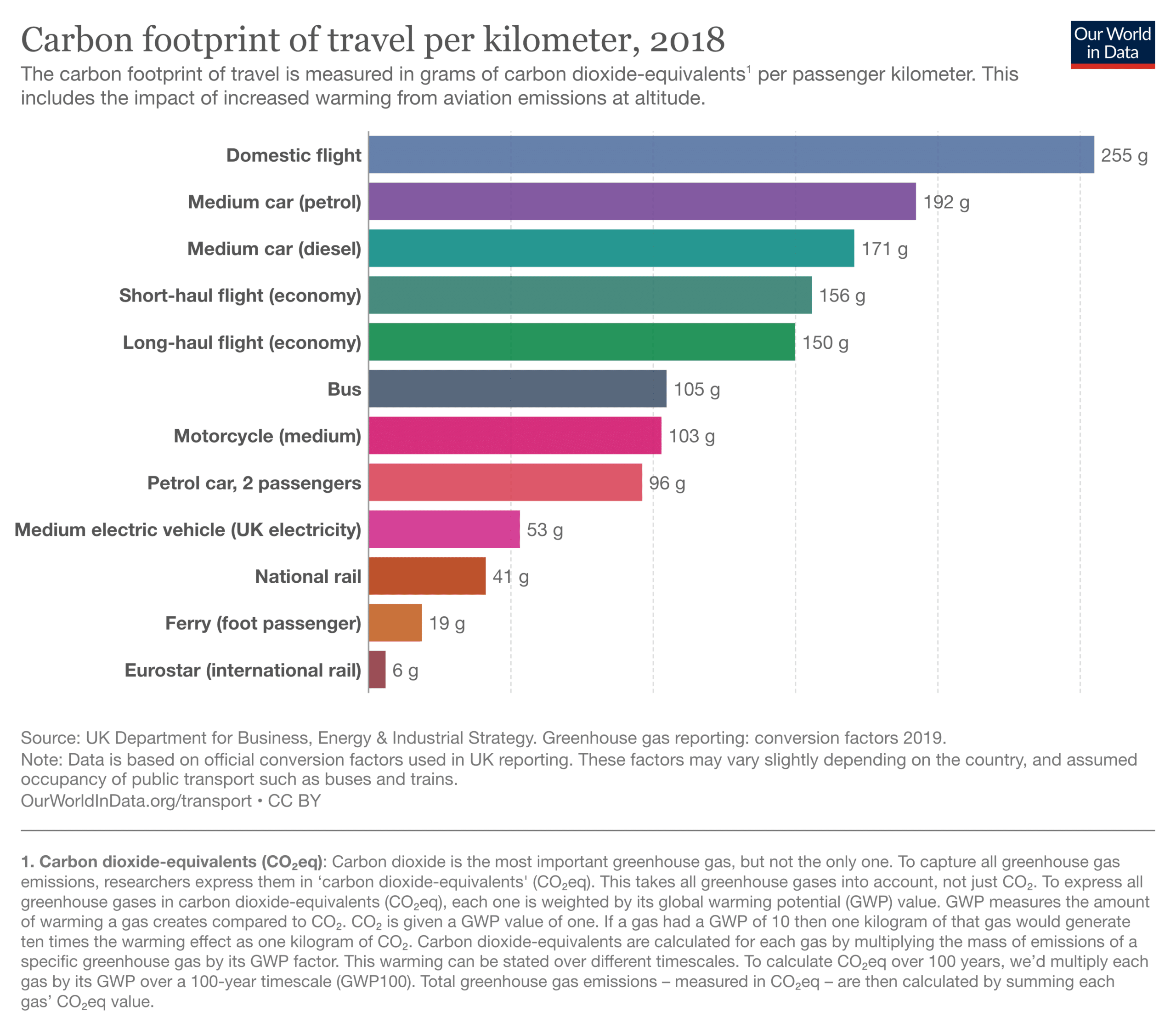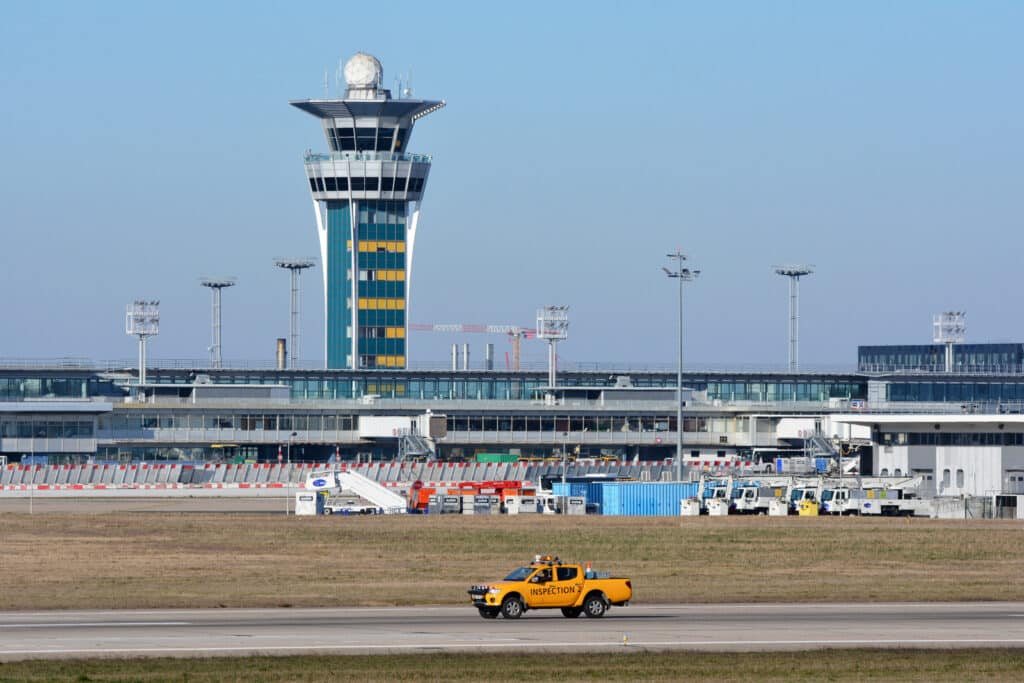As part of the 2021 Climate and Resilience Law, the French government last week banned short-haul flights between Paris and three regional hubs that can be replaced by a train journey of two-and-a-half hours or less.
—
The French government has signed into law a new ban on short-haul, domestic flights for journeys that can be completed by train in a bid to fight climate change.
The ban affects routes linking Paris-Orly airport to the Western cities of Bordeaux and Nantes, and Lyon in east-central France. The three air routes have been discontinued since there is a high-speed rail alternative that links the destinations in less than two-and-a-half hours. For the ban to apply, there must also be enough trains running in the early and late hours of the day to enable travellers to spend at least eight hours at their destination.
President Emmanuel Macron’s own environmental panel had initially suggested banning flights wherever a train journey of four hours or less was available.
France’s transport minister Clement Beaune, who heralded the decree last week, called the move “an essential step” and a “strong symbol in the policy of reducing greenhouse gas emissions.”
“As we fight relentlessly to decarbonise our lifestyles, how can we justify the use of the plane between the big cities which benefit from regular, fast and efficient connections by train,” he said.
Using a train instead of a domestic flight would reduce a passenger’s emissions by approximately 84%. Indeed, while a domestic flight emits approximately 255 grams of CO2 equivalent per kilometre, a train only emits about 41 grams of carbon per kilometre and is thus considered a more environmentally friendly option.

Emissions from different modes of transport. Graph: Our World in Data.
Critics have described the measure as a “symbolic ban,” arguing that discontinuing the three routes in question will only have minimal effects on the country’s total carbon emissions.
Many argue that France should instead focus on implementing measures to reduce emissions from private jets, which are up to 14 times more polluting than commercial flights per passenger mile, and 50 times worse than trains, according to a report from Transport and Environment (T&E).
A Greenpeace analysis published in March suggests that private jet traffic in Europe increased nearly five-fold between 2020 and 2022. Last year, France, the UK, and Germany were the countries with the most private jet flights and the French cities of Nice and Paris were among the most popular destinations.
The ban is part of a wide-ranging law to tackle climate change. Passed in 2021, the “Climate and Resilience Law” aims at cutting greenhouse gas emissions in the country by 40% by 2030, compared with 1990 levels.
The law has been criticised in the past for not being sufficiently ambitious. In an analysis carried out by the German think-tank Centre for European Policy, analyst Marion Jousseaume said the measures contained in the law are “largely insufficient to contribute to the new EU 2030 climate target” of cutting emissions across the bloc’s 27 member states by 55% by the end of the current decade.
Featured image: Wikimedia Commons
You might also like: French State to Pay €20 Million Fine For Failing to Tackle Air Pollution In France, Court Rules


















